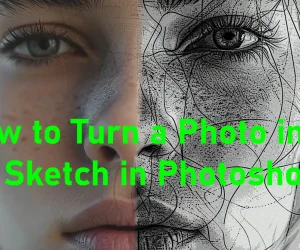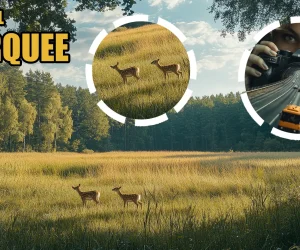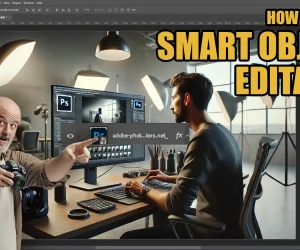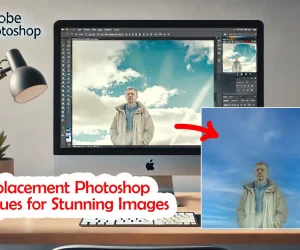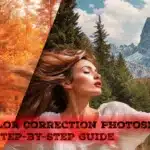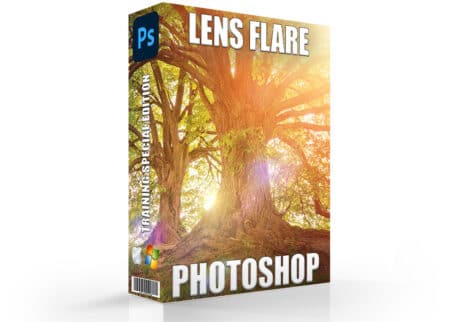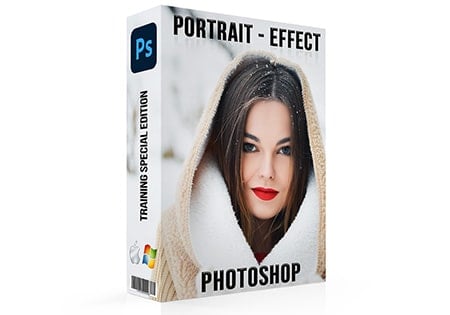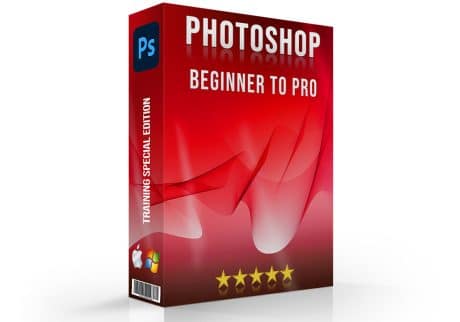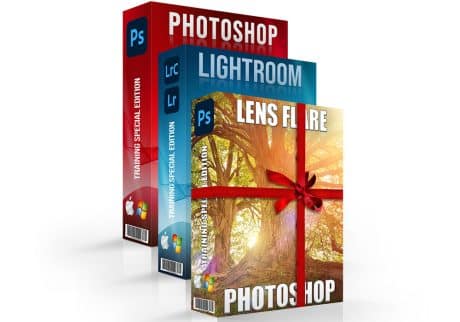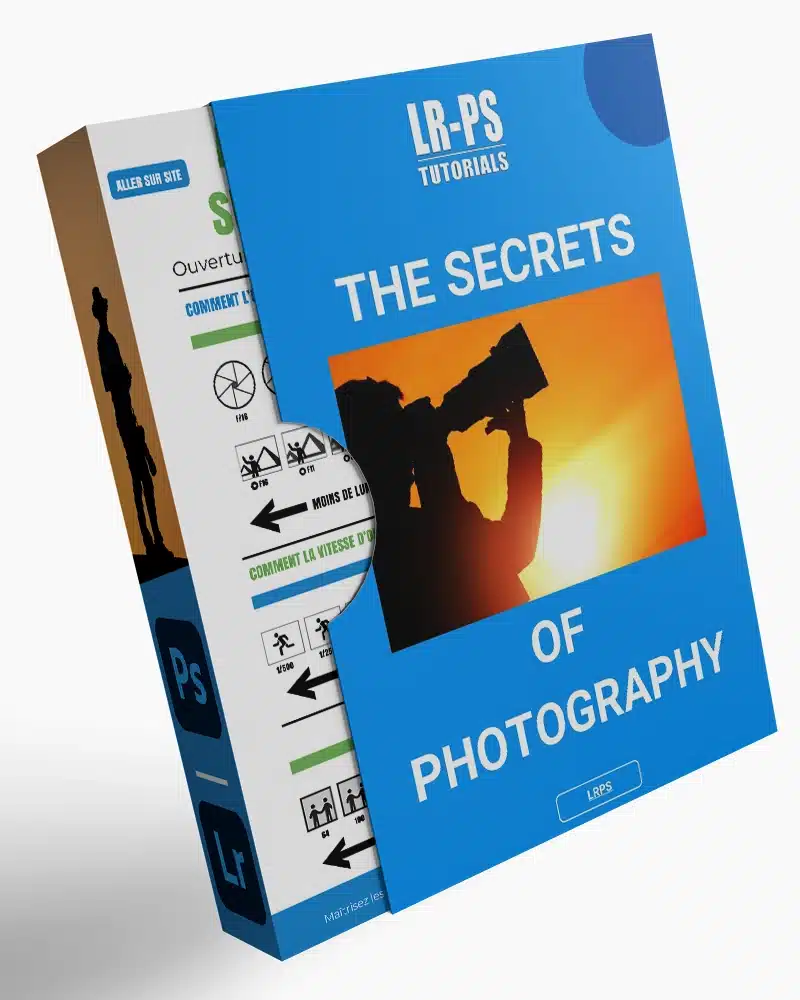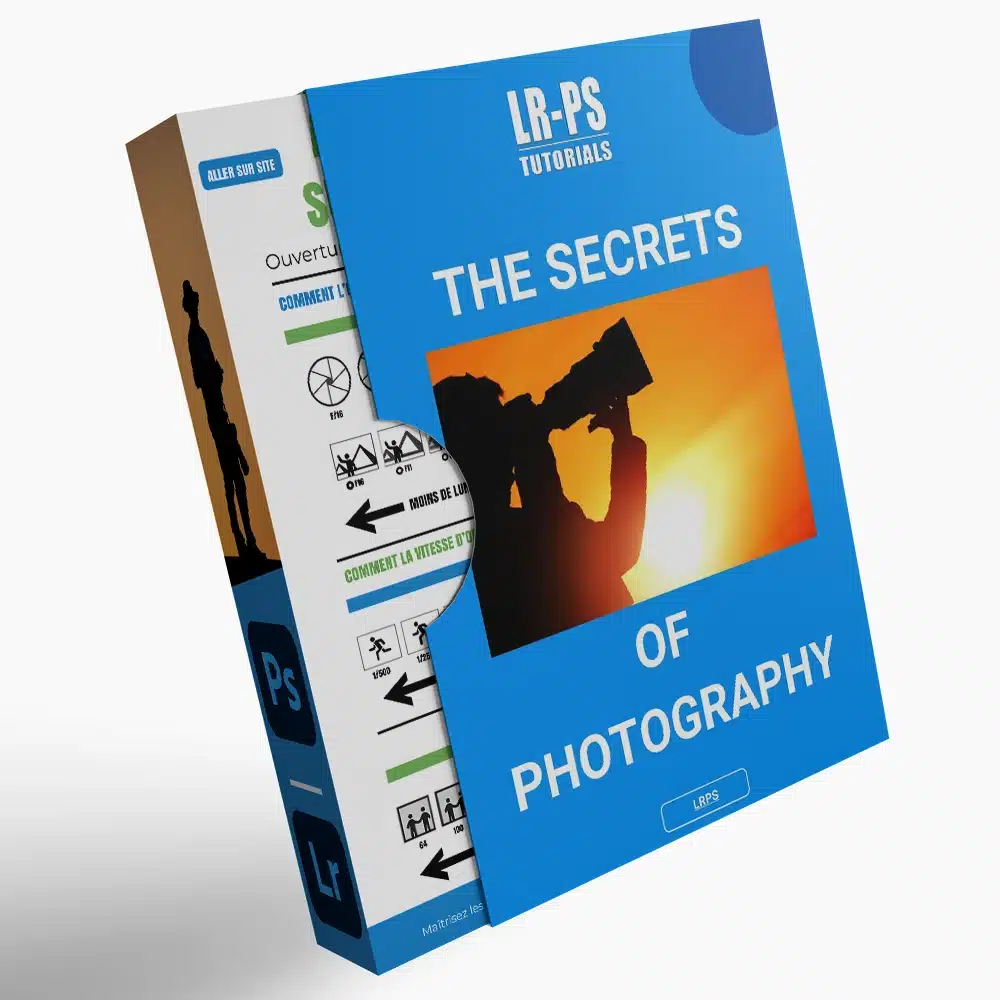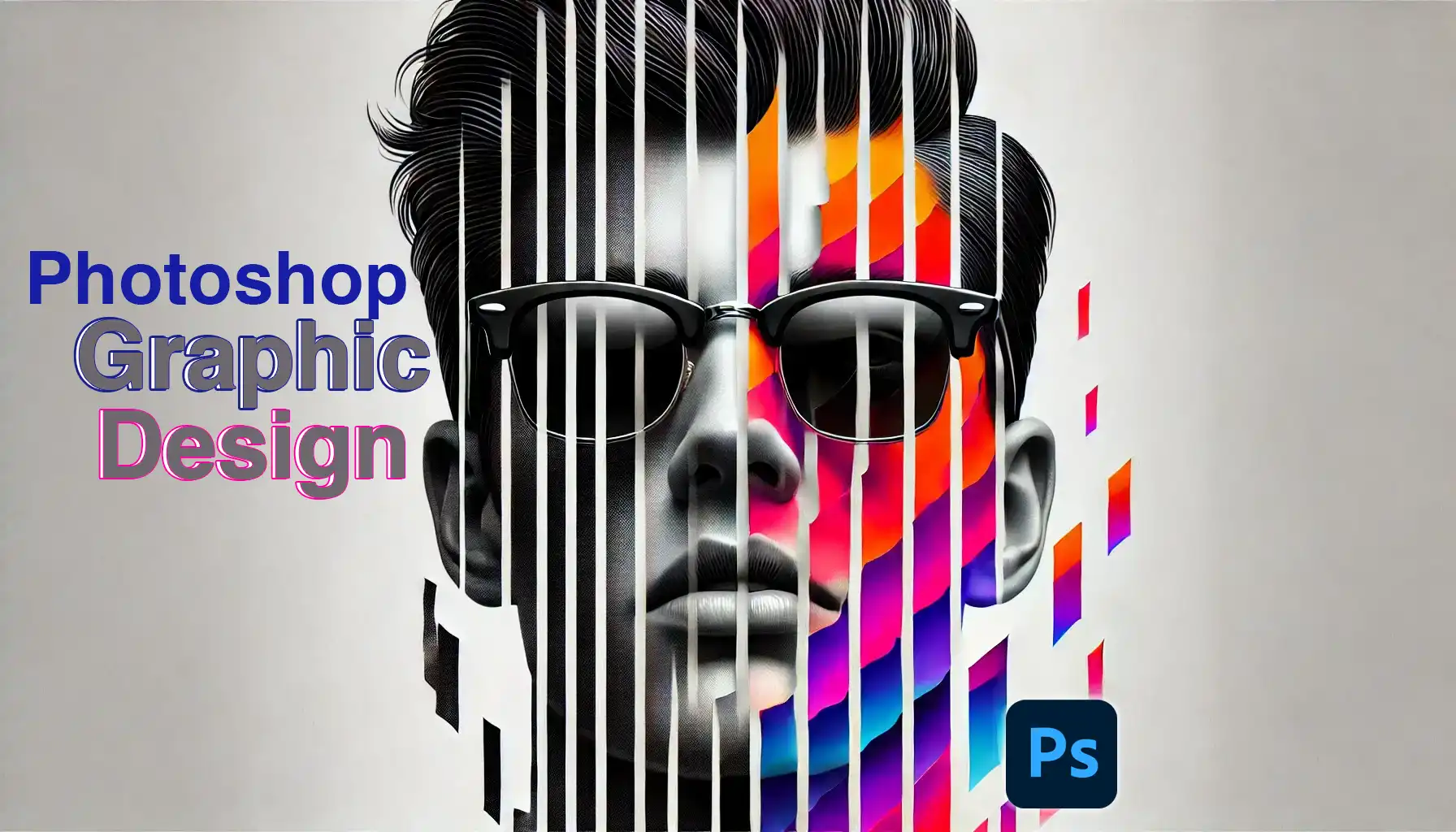
As someone deeply immersed in the world of Photoshop graphic design, I’ve seen firsthand how these tools can transform creativity into visual reality.
Whether you’re a seasoned designer or just starting out, understanding the nuances of Photoshop and Lightroom can elevate your projects to new heights.
In this article, I’ll guide you through important tips and tricks to harness the full potential of these powerful programs.
You’ll discover how to streamline your workflow, enhance your designs, and ultimately captivate your audience with stunning visuals.
Let’s dive in and unlock the secrets to creating compelling graphic designs that not only grab attention but also inspire action.
Table of Contents
Getting Started with Adobe Photoshop
Set up your workspace to suit your needs. Adobe Photoshop is the industry standard, and knowing how additional software fits in can enhance your workflow.
Setting Up Your Workspace
When you open Photoshop for the first time, you might feel overwhelmed by its options. It’s like walking into a library and first wondering which book to grab. Let’s break it down:
- Organizing your workspace is important, just like having everything you need when cooking a recipe. Clear visibility is important.
- An intuitive interface makes things simpler. Start by setting up the tools you’ll use most often.
- Customizing panels for efficiency is helpful.
Basic Tools and Features
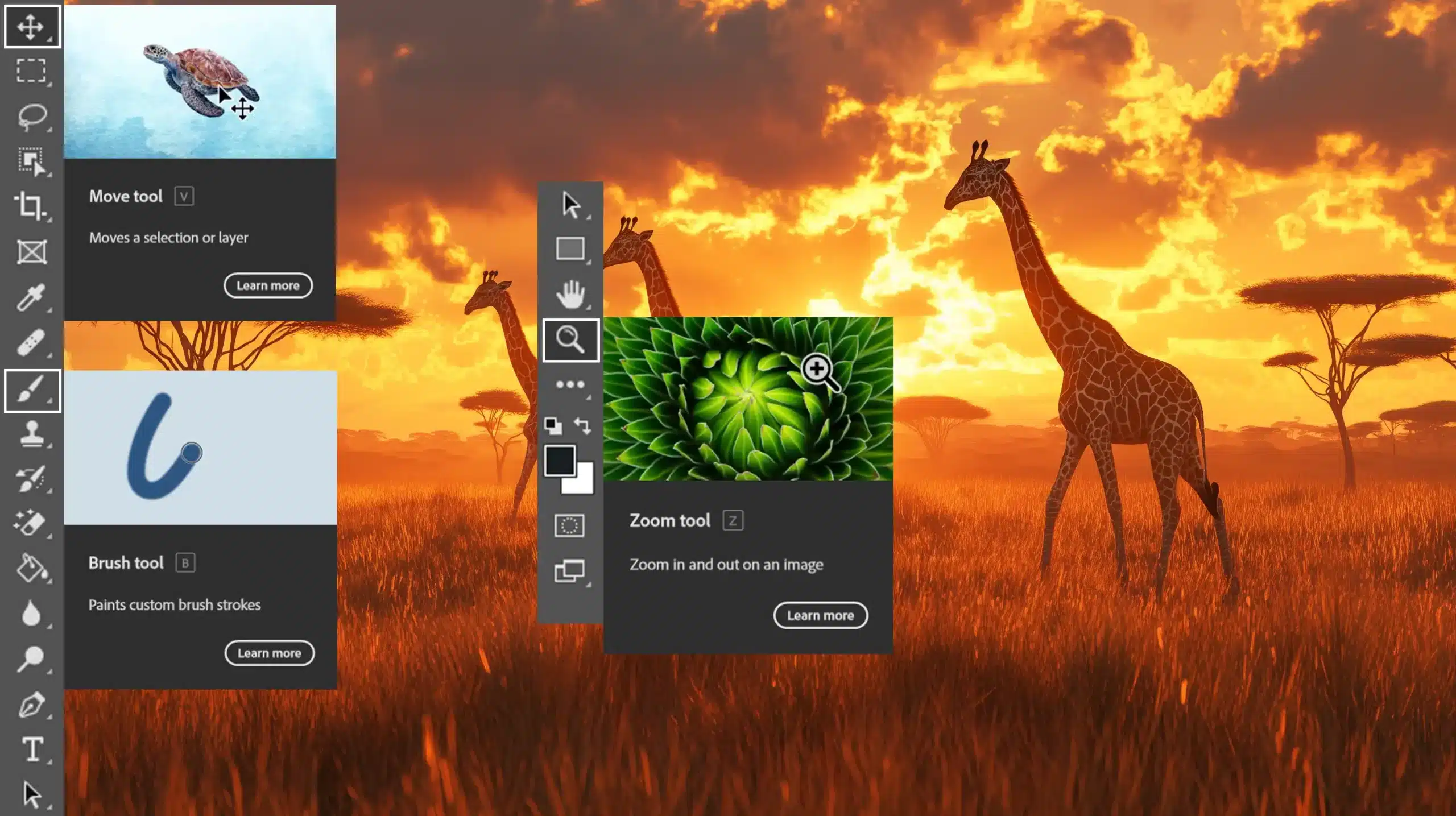
Familiarize yourself with these basic tools to start creating in Photoshop.
- Move Tool: The ‘hand’ of your workspace, allowing you to drag elements around easily.
- Brush Tool: Choose your brush size and style before starting your artwork.
- Zoom Tool: This lets you get close and personal. Zoom in for subtle details, zoom out to see the bigger picture.
Getting used to these basics helps you feel at home in Photoshop. Soon, you’ll be creating graphics with ease.
The move tool is an indispensable tool as you learn Photoshop and refine your design skills. Don’t forget to explore the Photoshop shape tool to further expand your design capabilities.
Importance of Graphic Design
Why bother with graphic design? It’s simple. Graphic design helps communicate messages visually. You create an image through image manipulation, and suddenly it tells a story.
Whether you’re crafting a logo or designing a poster, you’re sharing information in a creative way, showcasing your unique design style.
Graphic designers contribute deeply to projects across various fields. From advertising visuals to inspiring social media posts, everything revolves around visual presentation.
Your graphics are not just about beauty; they effectively grab attention and motivate action.
The Goals of Graphic Designers
For those diving into Photoshop, goals often include:
- Learning photo editing and creating illustrations.
- Combining images to form one cohesive piece using techniques like Content-Aware Fill in Photoshop.
- Tinkering with photo retouching.
- Dabbling in video editing.
Graphic designers turn to Adobe Illustrator when vector graphics are needed. You can tailor unique logos or posters with this indispensable tool, as well as create illustrations.
The shift between Adobe Photoshop and Adobe Illustrator isn’t hard. Creative Cloud links them, making transitions fluid. What’s important is that you never stop exploring or creating.
Pro Tip: Don’t fear mistakes! Each misstep improves not just your understanding of Photoshop but also boosts creativity.
Remember, every professional was once a beginner. If you’re looking for a comprehensive resource, Photoshop: the ultimate guide to mastering Adobe’s powerful tool can guide you through the process.
Don’t hesitate to explore Adobe Illustrator alongside Photoshop; it will only expand your creative toolkit and enhance your experience when making Photoshop designs.
Advanced Techniques in Graphic Design
Ready to take your graphic design skills to the next level? Let’s dive into some advanced Photoshop techniques.
Whether you’re an experienced user or just someone with too much free time, mastering these techniques will help you create artwork that truly stands out and opens new creative doors.
Layer Management
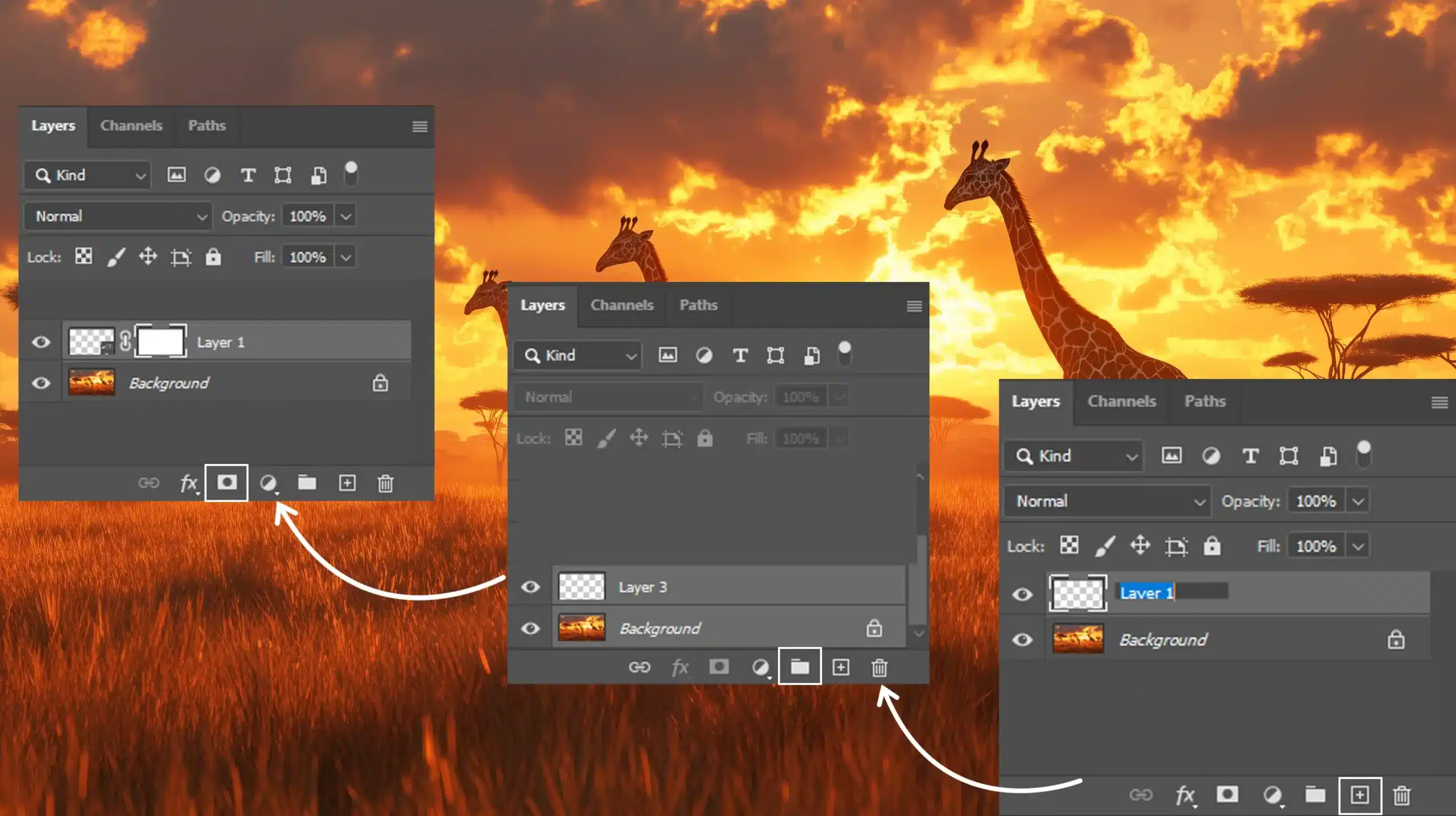
Layers in Photoshop stack on top of each other, each adding depth and detail to your work. Understanding how to manage them is crucial for effective design:
- Name your layers: Seriously, it'll save you later.
- Group similar elements: This allows for easy access.
- Use layer masks: Think of them as reversible erasers.
Effective layer management makes creating graphics a breeze. To take it a step further, learning how to lock a layer in Photoshop ensures that you don’t accidentally alter important elements while working. This technique adds a level of security to your workflow.
Using Filters and Effects
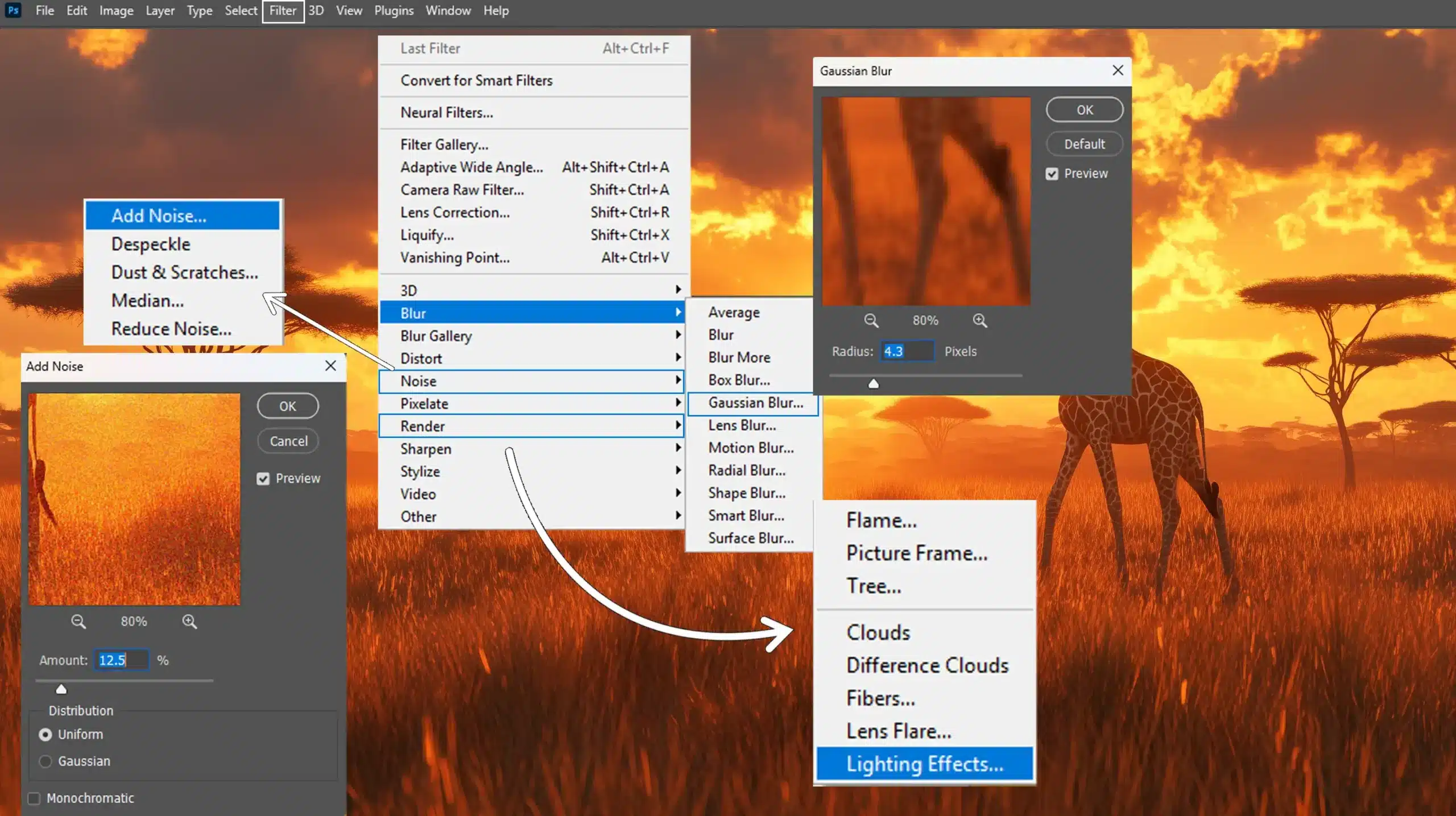
Filters and effects in Photoshop can transform images from unexciting to magical:
- Experiment with blur filters: Add depth to your images.
- Try noise for a vintage look: It's not just editing; it's your design vision taking shape.
- Explore lighting effects: Add drama and dimension without breaking a sweat.
How to Combine Images Effectively
Ever wanted to combine images effortlessly? Use these subheadings for guidance.
Blending Techniques
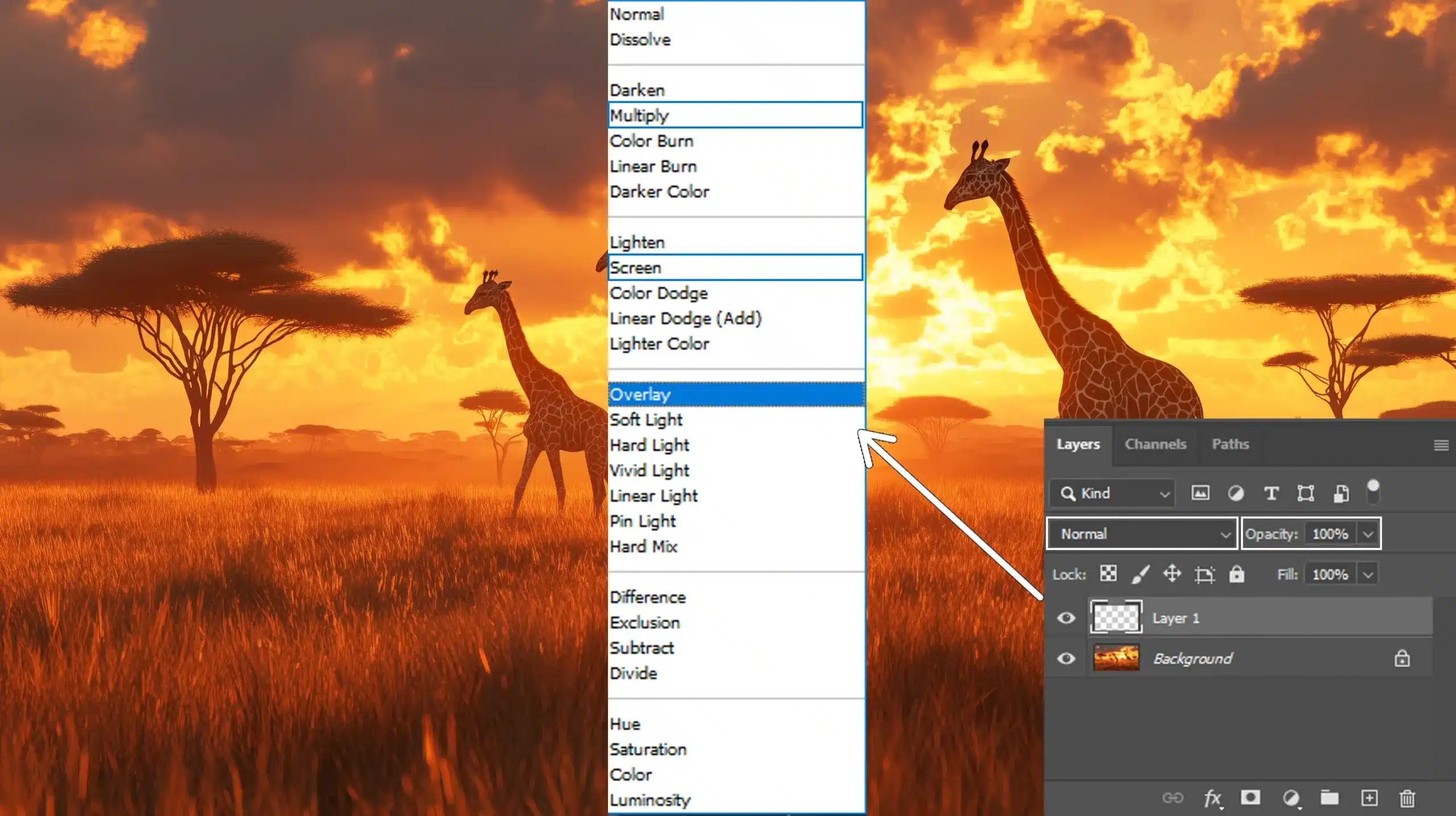
Master the blending modes to see how layers interact:
- Overlay, multiply, and screen modes: They're your new best friends.
- Adjust opacity: Achieve subtle transition effects.
A well-blended piece doesn’t even show its seams.
Creating Composites
Compositing is like assembling a custom-fit jigsaw puzzle:
- Use cut and paste initially: Refine using masking tools.
- Pay attention to the light source: It can make all the difference.
- Incorporate speech bubbles and special effects: Create stunning artwork in just one image.
Don’t rush; let every element find its perfect place.
Pro Tip: Back up your work often. Whether it’s through Creative Cloud or another method, create duplicates. There’s nothing worse than losing hours of work. Be the diligent graphic designer everyone admires.
The path to becoming adept in Adobe Photoshop is a journey well worth taking.
I hope these pointers inspire you to create visuals that captivate. So go ahead, get started on your next creative project, and watch your artistry evolve.
For those looking to streamline their workflow, mastering Photoshop shortcuts can significantly enhance efficiency.
Additionally, understanding the difference between Photoshop and Lightroom can help you choose the right tool for your specific needs.
Future Trends in Graphic Design
New technologies are transforming how designers create graphics, especially in Photoshop graphic design, where vector graphics offer more dynamic and versatile design possibilities.
Let’s explore the main trends shaping the future of graphic design.”
This transition smoothly leads into the table, expanding on the innovations mentioned in the introduction.
| Aspect | Overview |
|---|---|
| Emerging Technologies in Graphic Design | Augmented Reality (AR) and Virtual Reality (VR) are influencing how we experience and design graphics, offering interactive 3D experiences. |
| Artificial Intelligence in Design | AI is helping graphic designers automate repetitive tasks, freeing up more time for creative thinking and problem-solving. |
| Adobe Photoshop and AI Integration | AI tools in Adobe Photoshop simplify complex tasks, like removing backgrounds or enhancing images with ease. |
| Sustainability in Graphic Design | Designers are focusing on reducing their environmental impact, using eco-friendly materials and optimizing images for digital use to limit print needs. |
| Vector Graphics for Sustainability | Vector graphics, used in Adobe Illustrator, are resolution-independent, making them ideal for scalable designs that don’t lose quality. |
| Reusable Graphics and Templates | Reusing templates and elements prevents resource waste, improves workflow efficiency, and supports sustainability in graphic design. |
| Eco-Friendly Image Editing | Editing and saving graphics with smaller file sizes or using compressed formats like JPEG instead of TIFF helps conserve digital space and reduce environmental impact. |
Emerging Technologies
Graphic designers notice the trends shifting towards incorporating more technology in their work. Augmented Reality (AR) and Virtual Reality (VR) significantly influence how we experience graphics today.
Imagine walking down a virtual art exhibit, interacting with 3D models that pop out of the screen.
Integrating AR and VR into graphic design challenges graphic designers to think beyond flat screens. They try to create 3D experiences that appeal to the sense of touch and sight.
For most graphic designers, these technologies aren’t just cool gadgets; they’re pathways to revolutionizing design philosophy.
Artificial Intelligence (AI), another game-changer, assists graphic designers by automating repetitive tasks. This allows more time for creative thinking and problem-solving.
But let’s be honest, some might fear that AI will make graphic designers obsolete. Currently, it acts as a helpful assistant, streamlining workflows.
Adobe Photoshop and other design programs integrate AI features, simplifying complex editing, such as removing backgrounds or enhancing images with ease.
For instance, tools like the content-aware fill in Photoshop make it easier to seamlessly remove unwanted elements from images.
Sustainability in Design
There’s a growing emphasis on sustainability, even in graphic design. Designers are reevaluating their practices to reduce environmental impact.
It involves choosing eco-friendly materials and optimizing images for digital view to limit print requirements.
Adobe’s Creative Cloud offers tools that support sustainable decisions. From optimizing file sizes for web or careful consideration on color palettes that minimize ink usage when you print, it’s all about making a smaller footprint.
A significant approach is using vector graphics in Adobe Illustrator, which, unlike bitmap graphics, are not resolution-dependent and adjust without loss of quality.
Designers emphasize creating reusable elements and templates. Reusing graphics saves time and prevents resource waste.
When you edit and save a graphic, you’re making a tiny but impactful choice for sustainability. Every step taken becomes part of a broader movement towards eco-responsibility in the sphere of design.
Pro Tip: If you’re saving files in Lightroom or editing videos, use compressed formats like JPEG for online use instead of uncompressed TIFF. They save space and retain quality pretty well!
Additionally, optimizing web image quality is important for fast loading times and better user experience without sacrificing visual appeal.
Don’t forget to add a watermark in Photoshop to protect your work when sharing it online.
Frequently Asked Questions
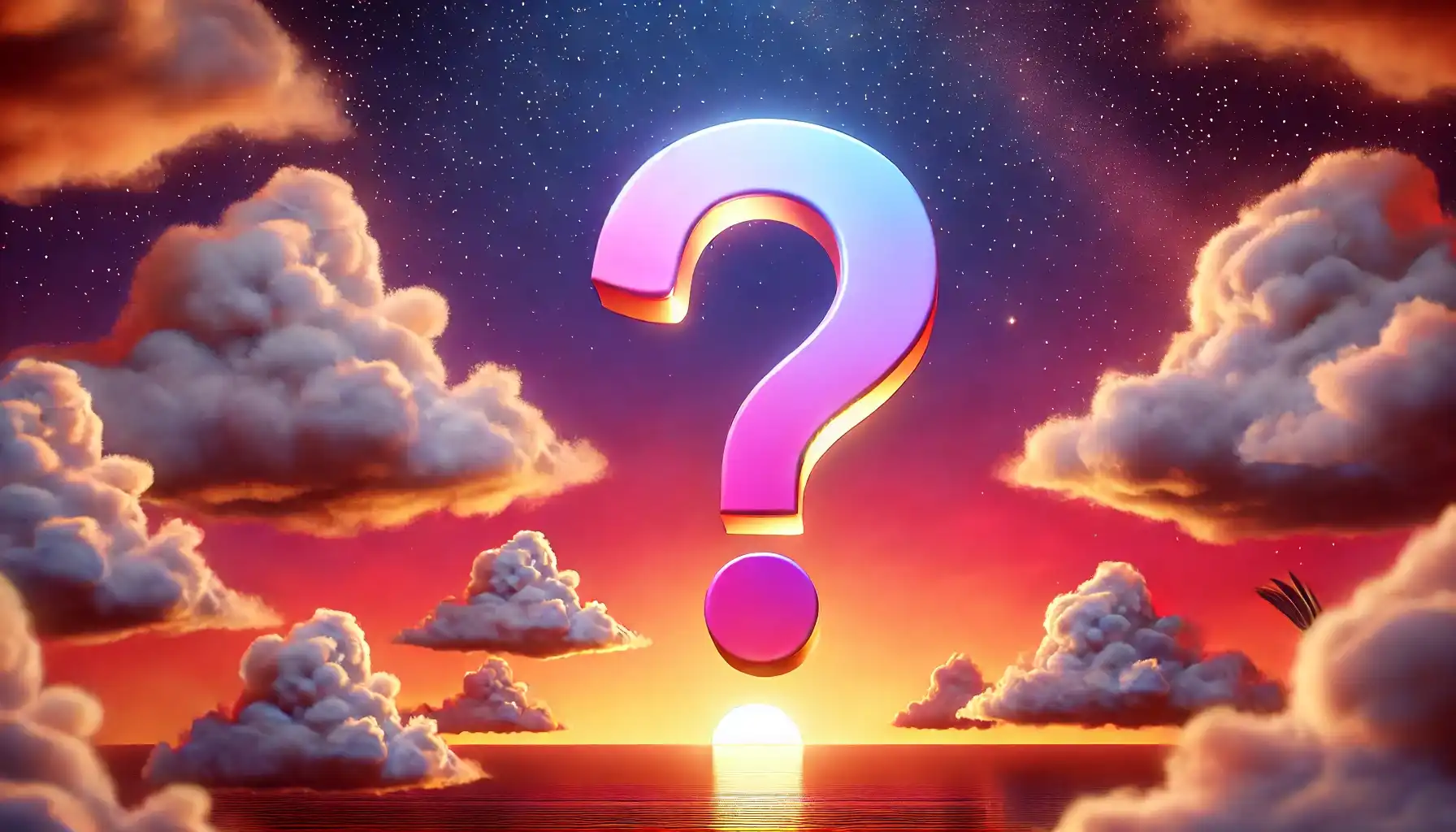
Can you do graphic design in Photoshop?
- Yes, Photoshop is a powerful tool for graphic design. It allows you to create, edit, and enhance images and graphics with a variety of tools and features.
What is the salary for a Photoshop graphic designer?
- The salary for a Photoshop graphic designer can vary widely depending on experience, location, and the type of company. Generally, salaries range from entry-level positions starting around $30,000 to experienced professionals earning over $60,000 per year.
Which Photoshop is good for graphic design?
- Adobe Photoshop CC (Creative Cloud) is highly recommended for graphic design. It offers the most updated features and tools that are important for modern graphic design work.
Is Photoshop available for free?
- Photoshop is not available for free. It requires a subscription to Adobe Creative Cloud. However, Adobe offers a free trial and various subscription plans that include Photoshop, catering to different user needs.
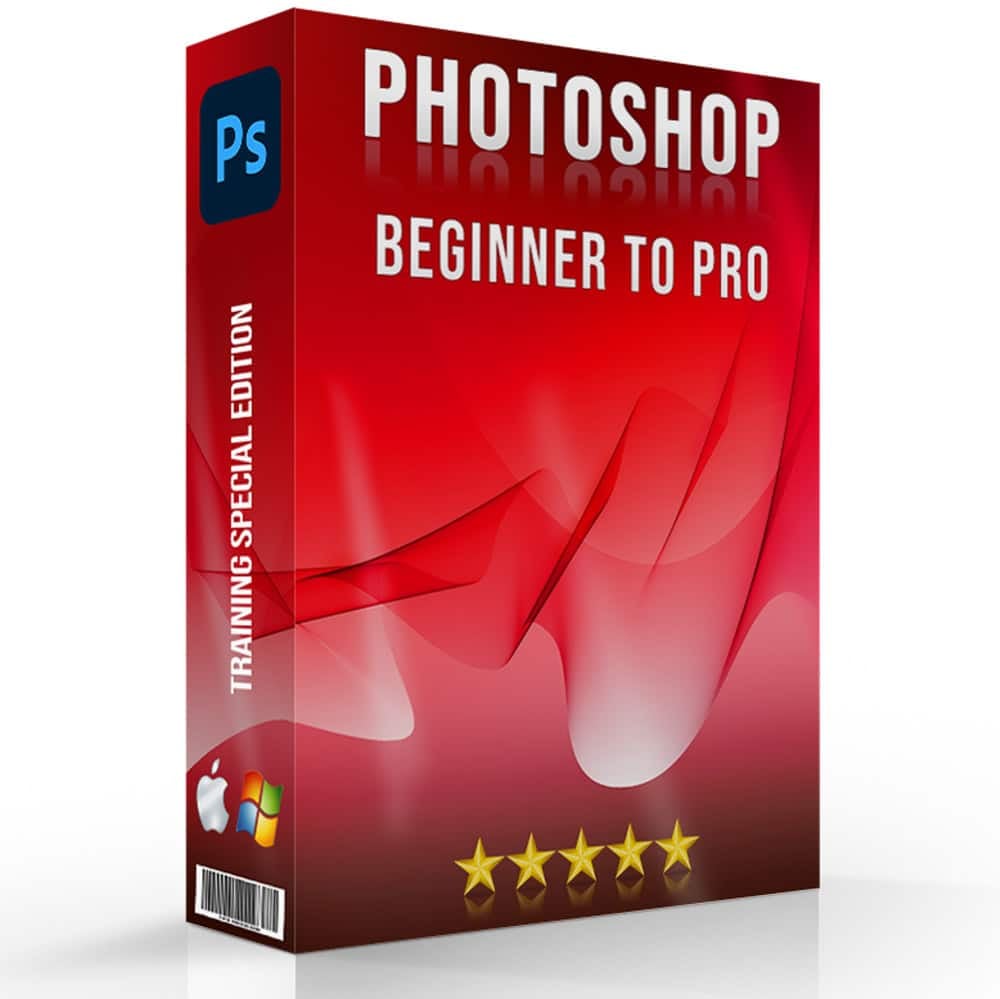
Conclusion
In my journey with Photoshop graphic design, I’ve seen firsthand how this powerful tool can transform creative visions into reality. It has allowed me to express ideas visually in ways I never thought possible.
Whether it’s enhancing photos or creating intricate designs, Photoshop graphic design has been an indispensable part of my creative process.
I remember working on a project where I had to combine multiple images seamlessly; the satisfaction of achieving that perfect blend was unmatched.
If you’re starting or looking to sharpen your skills, I highly recommend exploring the Photoshop Course and Lightroom course. These courses helped me build a strong foundation and expand my creative abilities, and I’m confident they can help you, too.
Photoshop graphic design is more than just a tool for me, it’s become an extension of my creativity. With the power of Adobe Photoshop and Photoshop Lightroom, the possibilities are endless.
Embrace the journey and discover how Photoshop graphic design can transform your creative vision.
Read more about Photoshop:

